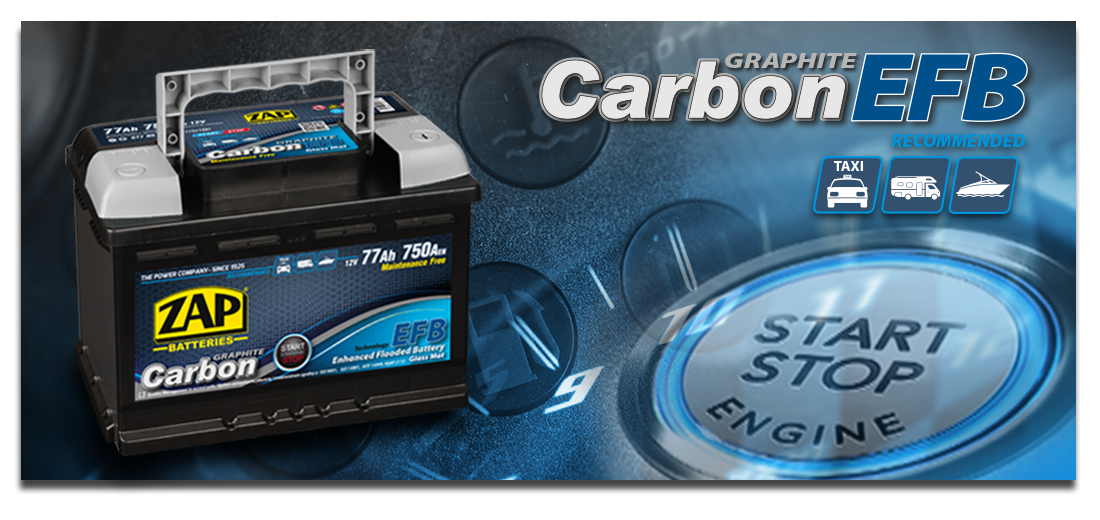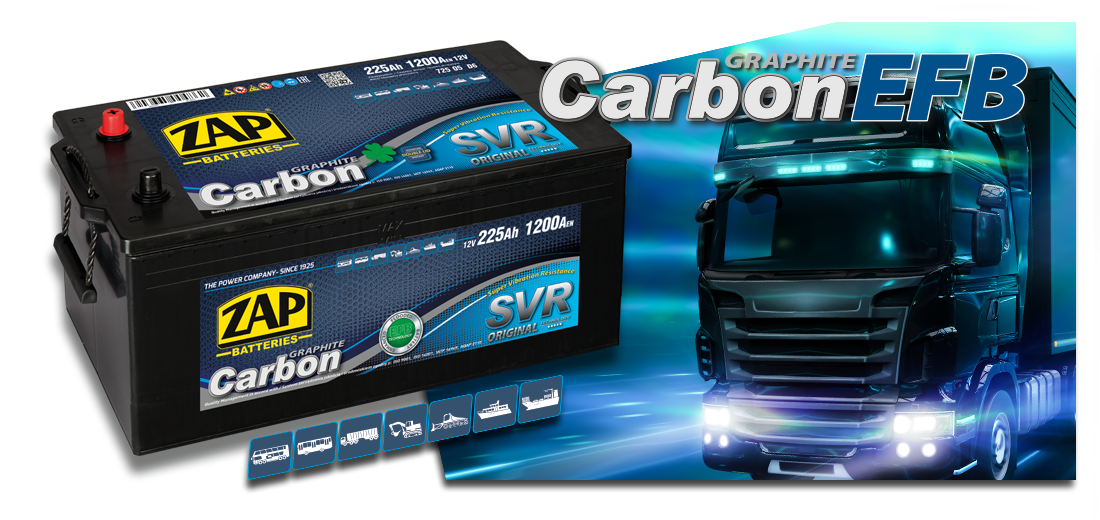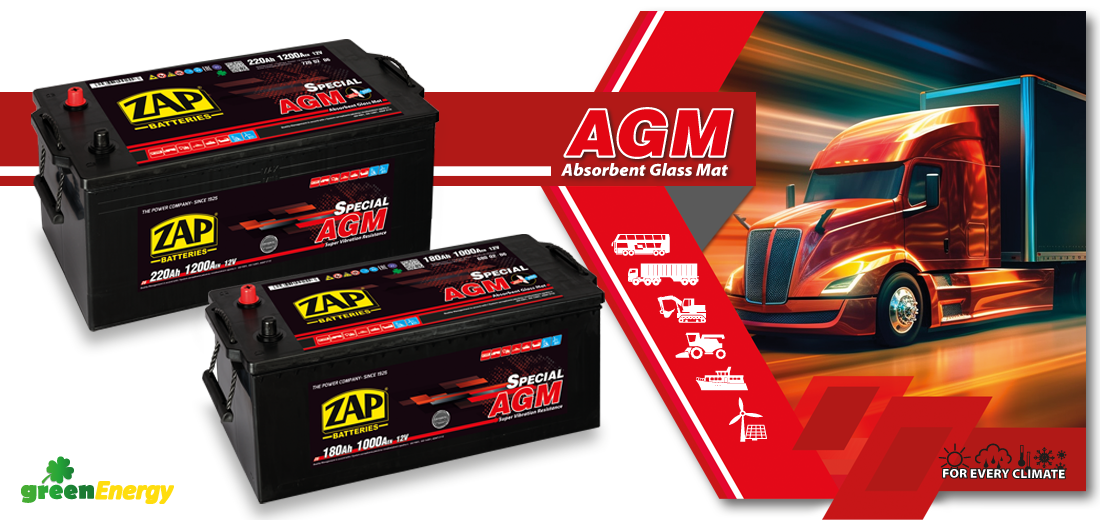Maintenance in spring and summer
In case of maintenance-free batteries, the only parameter to check is the charge level. If the measurement result is lower than 12.5V, the battery should be recharged.
In case of batteries with maintenance options, during spring and summer, the starter battery should be controlled every three months by checking the density and electrolyte level (density should be 1.28g / cm3 +/- 1g / cm3). The electrolyte level can be checked by unscrewing the plugs (it is enough for the electrolyte to cover the battery plates about 1.5 cm above the plates). The elctrolyte loss should be filled with distilled water.
Maintenance during autumn and winter
In the autumn-winter period (in severe frosts) the frequency of checking the car battery should be higher (once a month). In addition to the operations listed above, it is needed to clean the battery terminals with hot water and after drying to grease them with technical vaseline. Another important activity is recharging the battery, which loses its parameters during the cold season. In the case of 12V batteries, use a rectifier with 12V and charging current of 1/10 of the battery capacity, e.g. a 12V 45Ah battery, should be recharged with 4.5 Ampers for about 8 hours.
Battery undercharge
If the car battery is often undercharged, the reason may be too low alternator charging voltage (damaged alternator regulator or alternator itself). The correct voltage coming from the alternator at the battery terminals should be (with the engine running) between 13.9 and 14.4 Volts.



